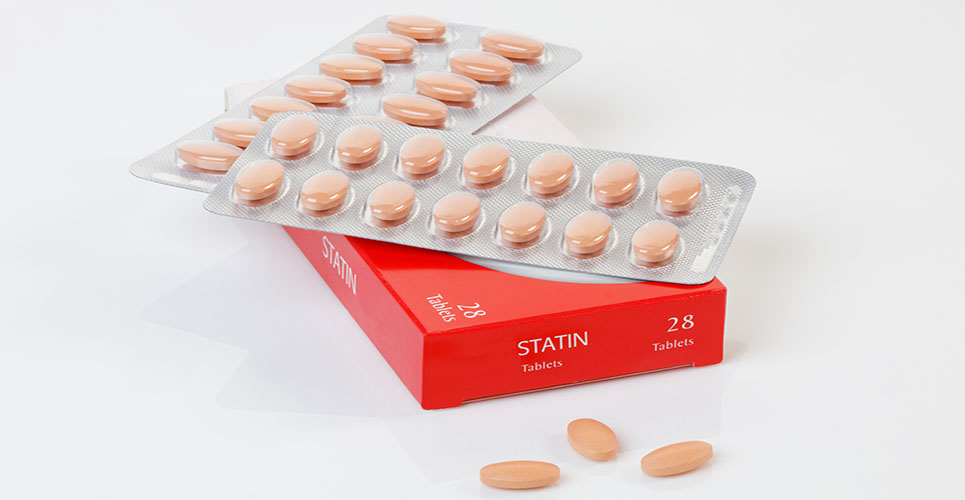teaser
A new study has found that statin therapy works best in the presence of inflammation, which is characterised by increased concentrations of the biomarker hsCRP.
Present guidelines for statin therapy emphasise the reduction of LDL or “bad” cholesterol. But a follow-up on the Jupiter trial reveals that a key component of statin therapy is the reduction of hsCRP, or high sensitivity c-reactive protein.
The study, published in The Lancet, reports that reducing hsCRP levels helps prevent inflammatory cells from sticking together and forming plaques in arteries, and from sticking to the inner lining of the artery.
Dr Paul Ridker, from the Centre for Cardiovascular Disease Prevention at Brigham and Women’s Hospital in Boston, US, found that rosuvastatin 20mg reduced the rates of non-fatal heart attacks and other vascular events.
But drugs are no substitute for lifestyle, he says, and primary prevention “should remain lifestyle recommendations for dietary restriction, exercise, and smoking cessation”.
He concludes: “For people choosing to start pharmacological prophylaxis, reductions in both LDL cholesterol and hsCRP are indicators of the success of treatment with statin therapy.”
Copyright Press Association 2009

